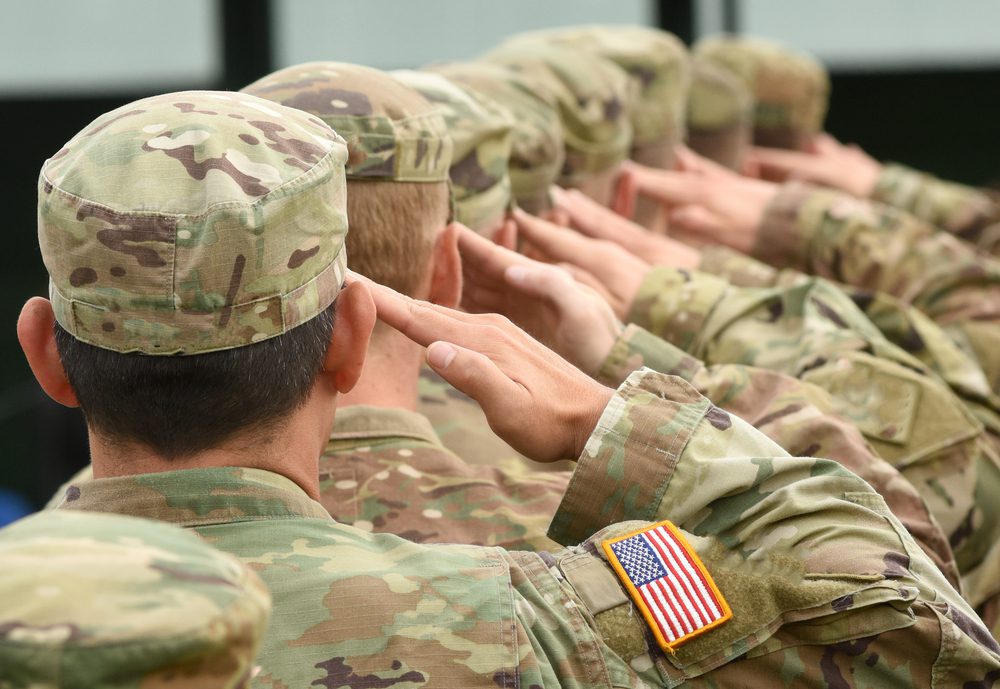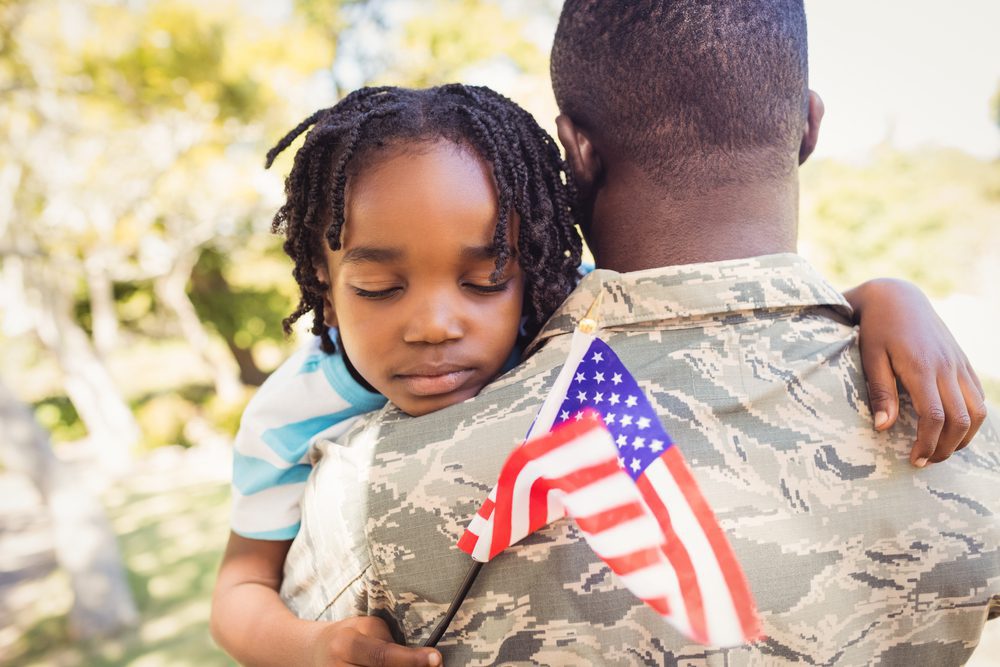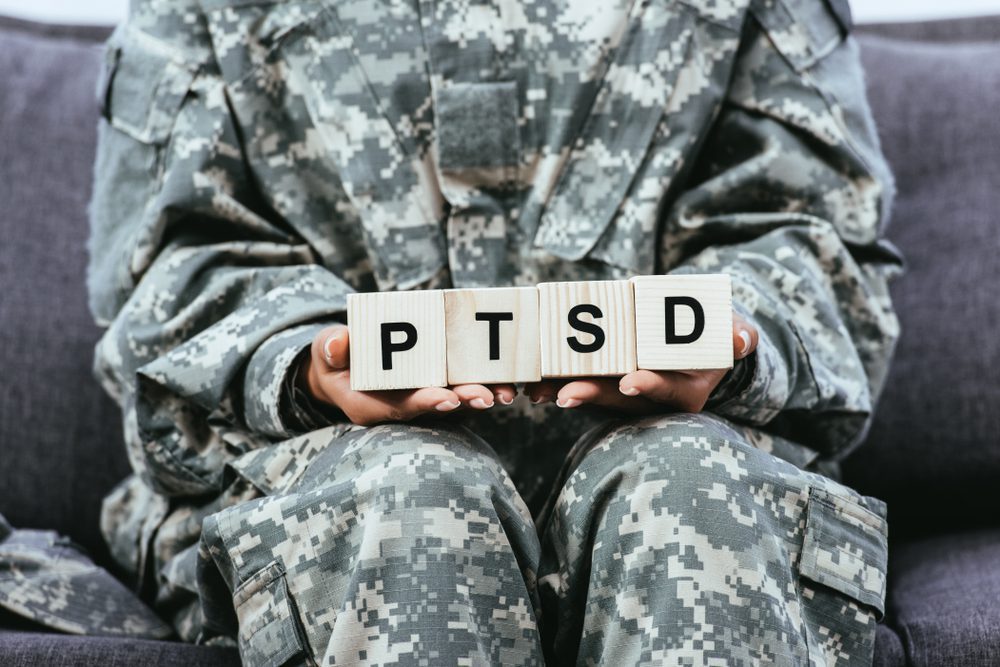Although we tend to think of post-traumatic stress disorder (PTSD) as a modern disease, it has actually been around for a long time. However, only recently have healthcare professionals truly begun to understand what it is and how to care for it. This is partly due to the fact that PTSD manifests itself in many different ways. Some people may feel constantly stressed out or on edge. For others, however, they may experience a sense of detachment and depression. Still, others may suffer from more intense symptoms such as nightmares, panic attacks, and hallucinations. The intersection of PTSD and veterans is well-documented. So, it is essential for both veterans and their loved ones to understand the condition and what types of treatment are available for it.
What is PTSD?
PTSD stands for post-traumatic stress disorder. According to the United States Department of Veterans Affairs, it is defined as an anxiety disorder that develops after an experience or experiences with trauma. Typically, PTSD results from situations where individuals feel their lives or the lives of those around them may be in danger and in turn feel out of control. However, this definition is not exhaustive nor does it only apply to military veterans. In fact, PTSD can also occur people who have experienced:
- Military sexual assault trauma
- Terrorist attacks
- Physical or sexual assault
- Accidents, such as car wrecks or home fires
- Natural disasters, like hurricanes and floods
Moreover, individuals can develop symptoms even if they do not experience a life-threatening event. For example, some people may develop the condition just from living in a combat zone or a high-stress environment.

Finally, PTSD isn’t a constant condition. For some people, it may come and go over the course of many years. Others may experience no symptoms at all before they are suddenly triggered. Because of this, learning the warning signs, especially for veterans and their family members, is of vital importance.
Ready to start your journey to recovery?
What are the Statistics for PTSD in Veterans?
Unfortunately, the proper statistics for PTSD in earlier military conflicts were never properly documented. However, some historical documents reference “shell shock” and other mental health conditions that resemble PTSD. The military only began using the term “PTSD” in the 1960s, in response to the Vietnam War and the horrific events that took place there.
At the same time, the 1950s and 1960s signaled a much deeper understanding of human psychology. Many breakthroughs occurred during this time period, allowing mental health professionals to get a clearer sense of the causes of anxiety and other health issues in veterans.
Since the 1960s, the number of veterans suffering from PTSD is as follows:
- Vietnam War: In the 1980s, The National Vietnam Veterans Readjustment Study found that nearly 15% of Vietnam veterans were diagnosed with PTSD. However, recently, experts have adjusted their numbers. They now estimate that roughly 30 out of every 100 Vietnam vets (30%) suffered from PTSD at some point in their lives.
- Gulf War: Approximately 12 out every 100 veterans (12%) from the Gulf War experience PTSD symptoms each year.
- Operation Enduring Freedom (OEF) and Operation Iraqi Freedom (OIF): Between 11-20 out of every 100 (11% -20%) experience PTSD in a given year.
PTSD, however, does not only occur in veterans who have engaged in armed conflict. Even individuals who have only experienced brief combat missions or those put through enhanced training methods may experience PTSD.

Furthermore, environmental and other traumatic factors can play a major role in triggering PTSD symptoms. Some of these factors include:
- the actions you took in the conflict
- the politics surrounding the conflict
- the type of enemy
For example, experts have connected the high PTSD rates in Vietnam to the fact that many veterans did not fully support the cause for battle.
Another major cause of PTSD in the military is military sexual trauma (MST). MST is any type of sexual harassment or assault that occurs during military service. Both men and women can experience MST in training, war, or even peacetime. The statistics for MST are alarming with:
- 23% of women reporting sexual assault during military service
- 55% of women and 38% of men reporting sexual harassment during service
The perceived “culture of silence” embedded in the military only further complicates this issue. Oftentimes, individuals will suffer for years in this environment before the onset of PTSD.
What are the Symptoms of PTSD?
Symptoms of PTSD can manifest at any time. Nevertheless, while some people may develop these symptoms in the hours or days following a traumatic event, they may not surface in others until long after deployment has ended. Although symptoms vary, there are four primary symptom clusters:
- Serious avoidance of triggers or things that remind them of a traumatic event: For example, avoiding people, places, situations, and even thoughts associated with traumatic memories. Over time, this can result in unhealthy behaviors, such as avoiding friends and family and withdrawing from social life.
- Recurrent reminders of traumatic events: For example, nightmares, thoughts, flashbacks, and other events where it feels like the trauma is happening again. In these extreme situations, you may experience severe emotional and physical reactions including a racing pulse, panic attacks, nausea, and violent shaking.
- Negative thoughts and mood changes: Developing a co-occurring disorder or feelings of negative beliefs about yourself and the world around you. This may include emotions like shame, fear, and guilt, along with a reduced ability to enjoy positive emotions or nagging sensations of unhappiness.
- Feeling constantly on guard or “keyed up:” PTSD triggers our core “flight or fight” response. People who suffer from the condition may feel constantly on edge, resulting in a range of unhealthy behaviors, including anger, insomnia, irritability, inability to focus, and feelings of hypervigilance. These types of behavior may make it difficult to participate in everyday activities.
Understanding PTSD
Veterans, as well as their support groups, need to understand PTSD. For example, PTSD is not just limited to one service branch. Veterans from the army, navy, air force, marines, and coast guard can all experience PTSD.

The first step is recognizing the symptoms. Even if you are not experiencing them personally, it’s important to be aware of them. If you are a veteran, open up to your loved ones, local clergy or community leaders about your experiences and how you might be feeling. Remember, they are here to help you.
Treating PTSD
In its most severe forms, PTSD can seriously disrupt everyday life. Fortunately, however, treatment for PTSD exists.
The first step is recognizing that you need help. Through a collaborative effort, you can get better. Begin by speaking with a health care professional specializing in PTSD. Their specialized training can help veterans to better find the right treatment strategies.
In many cases, the health care worker will recommend a combination of cognitive-behavioral therapy (CBT) and group therapy. CBT works to identify mental health disorders and find positive ways to create healthy thought and behavior patterns. Furthermore, many veterans find great relief in group therapy support networks as they can connect with others who may have experienced similar trauma.
Finally, your doctor will recommend healthy lifestyle changes, including diet, exercise and creating healthy outlets for your energy, such as developing new hobbies and ways to connect with civilian life. Ultimately, through this holistic approach, you can overcome your PTSD and live a balanced, happy life.
We Can Help You
Heroes’ Mile, a Substance Abuse, Post Traumatic Stress (PTS) and Military Sexual Trauma (MST) program designed for Military Service Veterans experiencing problems with addiction and other psychological challenges related to their military service, is located in DeLand, FL.
If you are a Veteran or would like to refer a Veteran to our program, please call an Admissions Specialist today at 888-838-6692.
We’ve got your six!

